Is the Labubu craze over?
The world has been entranced by these cute monster dolls for months. Celebrities such as Rihanna, Dua Lipa and Blackpink’s Lisa and Rosé have often been seen carrying them as fashion statements.
However, today, shares of Pop Mart, the Chinese company behind the brand, recorded their worst loss since April, in what many see as a warning sign.
This came after a report from the People’s Daily, the flagship newspaper of the Chinese Communist Party, which demanded stricter regulations for “blind cards” and “mystery boxes” that encourage addictive behaviour among minors. Pop Mart sells these ‘blind boxes’ for between $5 (Rs 440) and $10 (Rs 880) each.
But what do we know? Is the Labubu craze over?
What we know
Shares of Pop Mart fell by up to nine per cent on Monday, its worst single-day fall since April. The stock eventually closed 6.5 per cent lower. This came after JP Morgan downgraded Pop Mart’s rating from “overweight” to “neutral” and cut its target price by 25 per cent by December 2026.
That is not all. Secondary market prices for certain Labubu items have dropped by as much as a third. Items such as keychains or yoga-pose figurines, which were previously selling for vastly higher sums, have fallen in price.
According to reports , Pop Mart’s most recent release – a ‘blind box’ of 14 mini Labubus – has seen resale prices decline by 24 per cent in just two weeks. A poll conducted on a secondary online marketplace showed that half the buyers believe mini Labubu prices will fall further. Meanwhile, another 38 per cent expect the price of the slightly larger versions to drop.
“Labubu is no longer as rare as it used to be. If we cannot sell them all, we will just have to keep them for ourselves,” one person said. Another reseller described the current trend as a “market crash”.
This marks a dramatic turnaround from June, when a rare Labubu fetched $150,000 (Rs 1.32 crore) at auction attended by around 200 people. Meanwhile, a set of three Labubu sculptures, about 40 cm tall and made of PVC material, sold for $70,000 (Rs 61.7 lakh). In Hong Kong, a Sotheby’s auction saw a Labubu sell for $25,889.64 (Rs 22.82 lakh). Four dozen items were sold for $5.18 million (Rs 44.7 crore).
Many are concerned because much of Pop Mart’s value is tied to Labubu. That has led to worries about the company’s future if the craze ends. Analysts say the company must diversify and launch new popular IP.
Pop Mart is unfazed. It says the drop in resale value is partly due to higher supply. More people are buying Labubu, which in turn makes the dolls less exclusive and drags down resale prices.
“In the long term, this will be more conducive to the further development of the company’s performance,” a spokesperson said.
Pop Mart also pointed out that it beat revenue expectations in the second quarter of this year. It said sales outside Labubu’s main “Monsters” range were strong, with other toy series generating over $140 million each in revenue. The company also emphasised its high margins and profitability, as well as its rapid overseas expansion, including physical outlets in the UK and US.
Should Pop Mart be concerned?
Some analysts think so. They highlight the vastness of the collectible toy market and the growing competition from rival firms. Knock-offs such as “Lafufus” are already circulating. They also note that viral toy trends rarely last, with both consumer interest and resale values tending to decline after peaking.
“We believe the valuation is priced for perfection and any small fundamental miss or negative media reports (e.g. resale price drops and third-party licensing) might drive underperformance,” JPMorgan analysts wrote.
Analysts said that although Pop Mart is planning to release an animation and a new version of Labubu before Christmas, as well as introducing interactive toys, this has “low visibility” for now.
However, there are still important caveats. Despite the drop, Pop Mart’s stock is up a remarkable 180 per cent year to date. It remains the top performer on the Hang Seng Index.
Others are not as pessimistic. Analysts from other firms remain upbeat about Pop Mart’s prospects. Nomura, for instance, raised its target price for Pop Mart on Monday and maintained a “buy” rating. Citi Research analysts also reiterated their “buy” call.
“The market concern about negative sentiment after the recent news is understandable,” Charlotte Zhou, a China equity research analyst at CGS International, told The Business Times. “But we believe Pop Mart is the only IP company with a full value chain – from IP acquisition to product sales in its direct-to-consumer stores – offering huge potential for overseas penetration.”
Only time will tell if the Labubu fever has run its course.


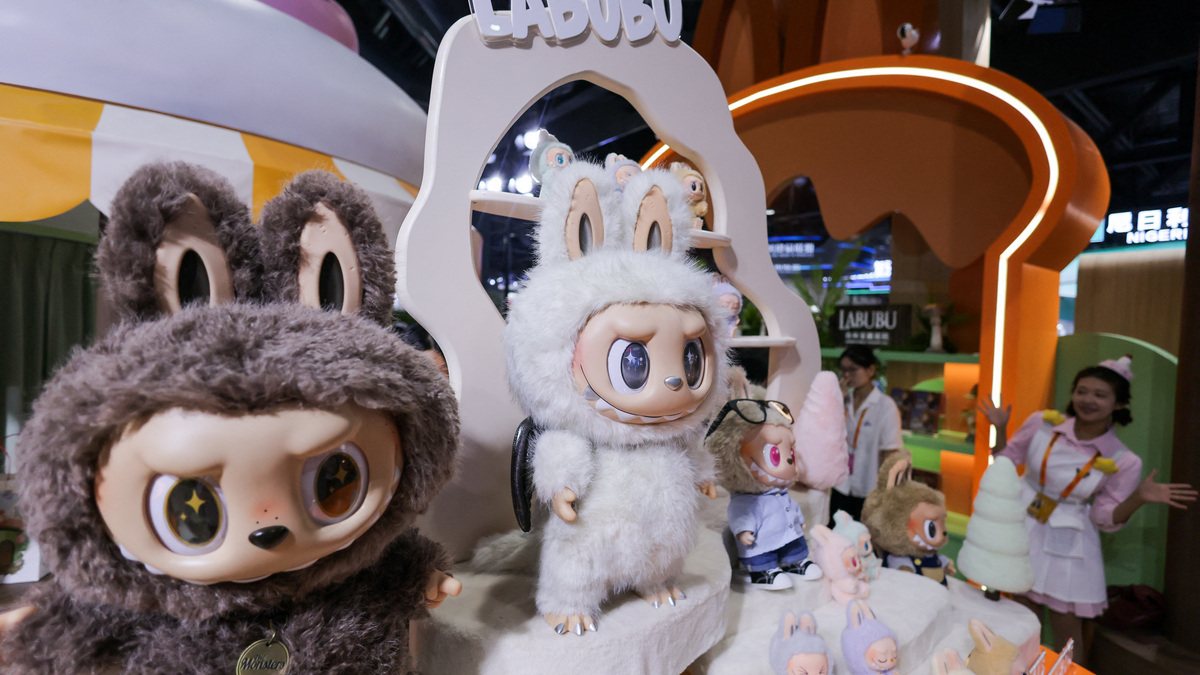)

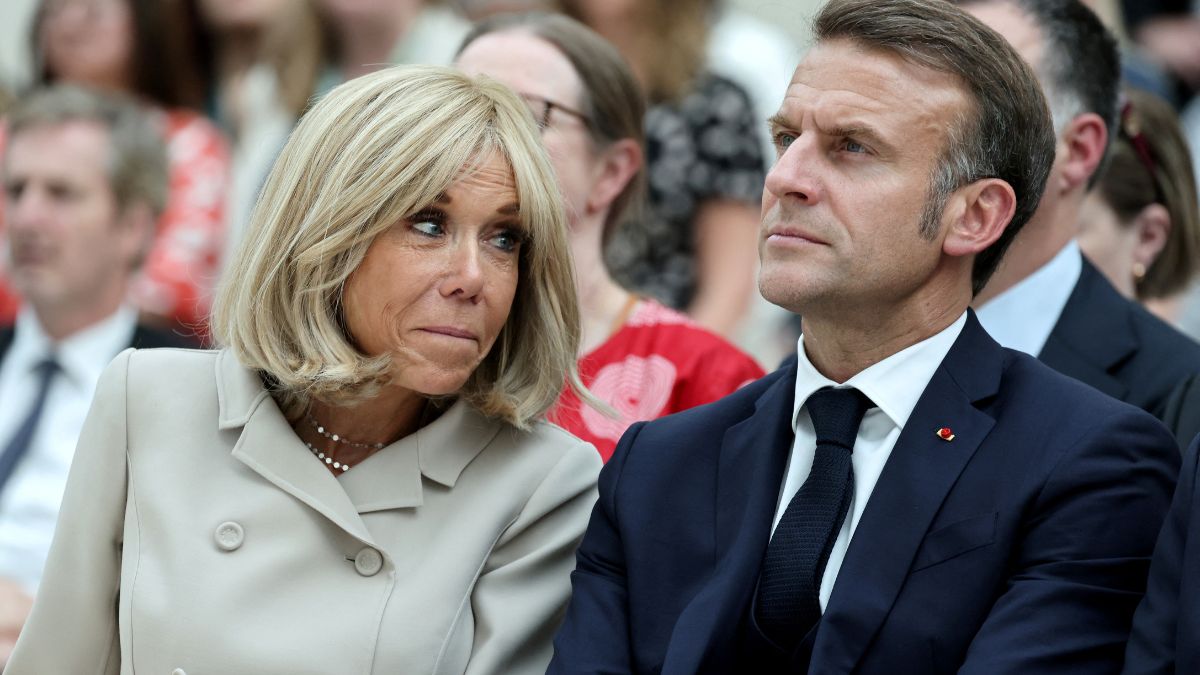)
)
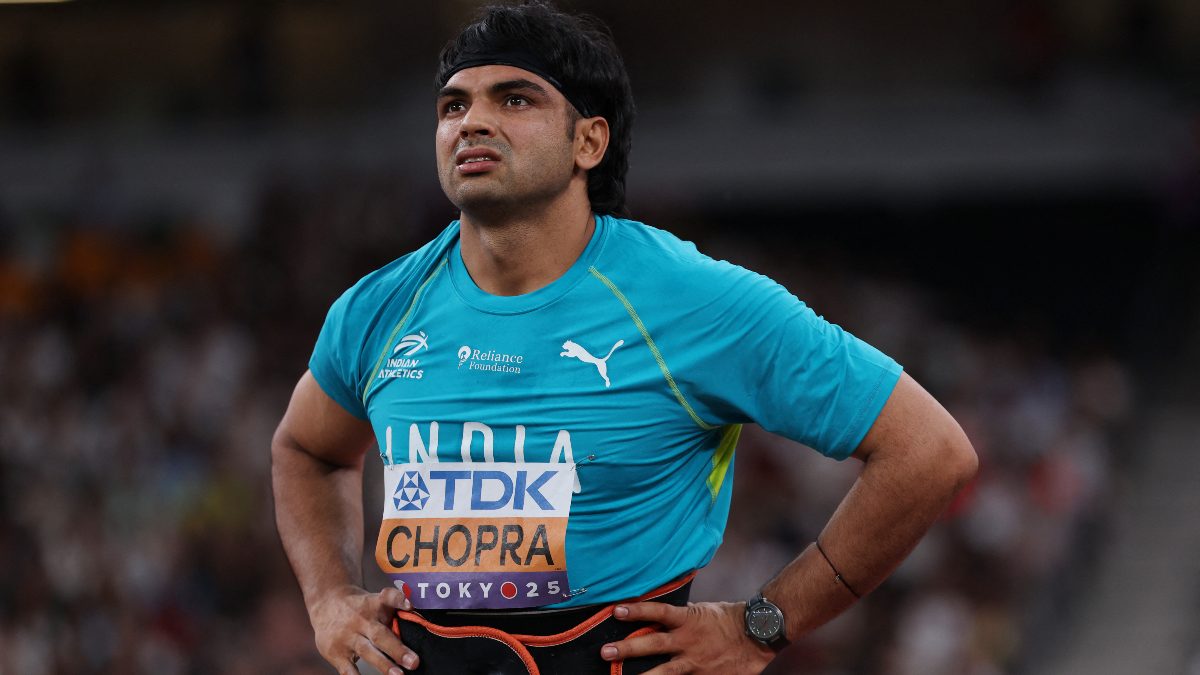)
)
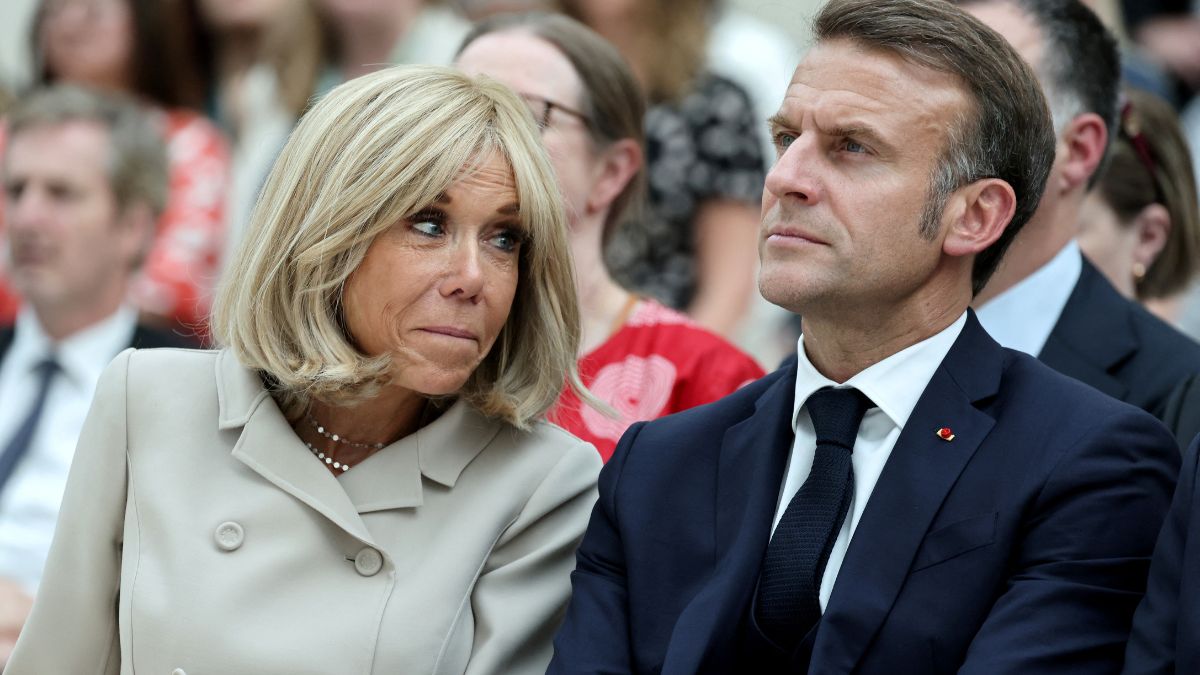)
)
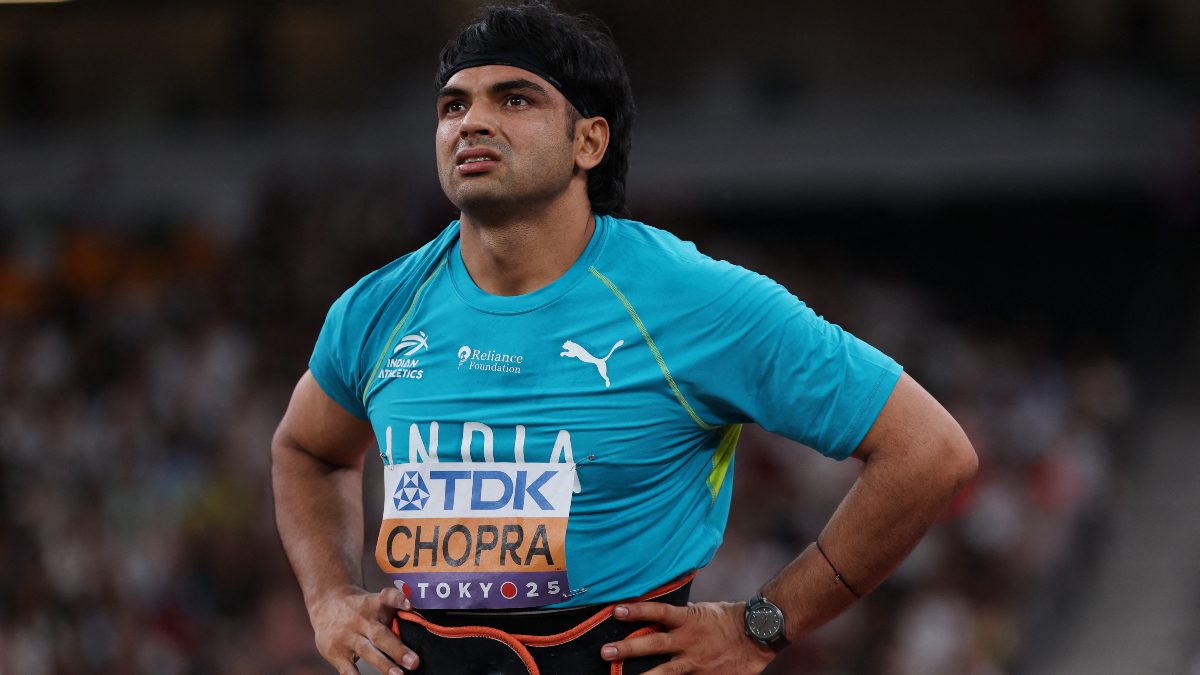)
)



